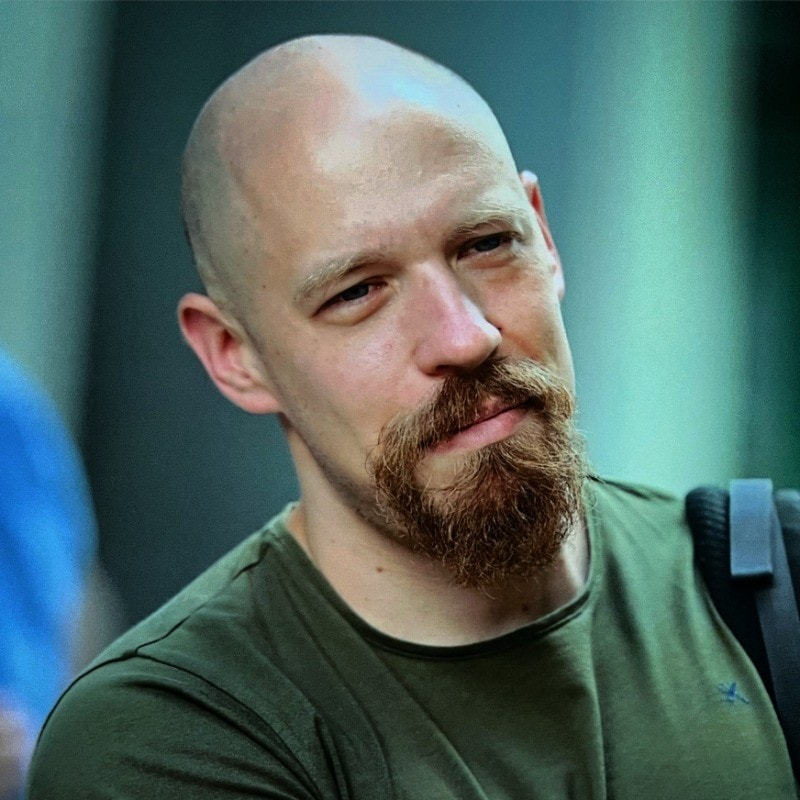Although we now know him as one of the most respected session guitar players of all time, Steve Lukather admits that he never really expected that he’d be doing it professionally for so long. While recently talking to Vicky Abelson in a new interview, the Toto legend looked back at his beginnings as a pro musician. Of course, Toto had their specific reputation for being an original band comprised of all-session guys — sort of like a session “supergroup” at the time. And his work as a professional studio guitar player started just shortly before the band’s formation.
“I can’t even believe I’d still been doing this, this long,” said Lukather (transcribed by Killer Guitar Rigs). “I started my first union session when I was 18 in 1976. There was a guy named Phil O’Kelsey. In a record where I never really did nothing…”
Phil O’Kelsey isn’t exactly a big name that’s easy to find online. But he did have some work back in the 1970s and it seems Steve was a part of it, at least a little bit. But the most important thing is that this first session gave Lukather the opportunity to meet big session guys of the era.
“But it was my first time,” Lukather continued. “And we recorded it in studio 3 of Western, which is now EastWest, where they cut ‘Pet Sounds’ and where all those legends…”
“All of a sudden, I’m sitting in *THAT* studio, doing my first, and I saw all of my heroes — Larry Carlton and Jay Graydon, and all these guys are in the hallway.”
At the age of 18, this meant a lot for young Steve. They were just short of a decade older and with significant session experience behind them. This was enough for him to fall in love with that profession right then and there:
“And here I was, the dream. I could smell the room. I wanted to live in this place. This is how I wanted to live my life. And I met all those guys — talk about geographically placed well.”
And, obviously, Lukather was at the crossroads in his life. So the next obvious step was to get a decent-paying job. Since he was really into music, it was a no-brainer for him to choose this path. He continued:
“And the whole deal was like, ‘When you’re 18, out! Okay, you want to do this musician thing, you better be making money at it.'”
Fortunately, his parents were incredibly supportive of his career choice:
“God bless my parents, they paid for music lessons. And I was taking like five different lessons at once, plus studying private, plus playing in five bands, and even taking music in high school.”
But even before one decides to go professional in something like music, there’s got to be some initial interest in it, something that goes way back. After all, it’s not like one can wake up at the age of 18 and suddenly decide to become a professional guitar player without any prior experience with the instrument. So when asked “What made you go from just fooling around after you heard The Beatles to really learning your craft,” Lukather revealed that the idea of being a musician for a living goes way back.
“I was dead serious about being in a band when I was 11,” he explained. “I was making money at it. I didn’t take it as a hobby. This is my life.”
“My parents used to take away the stereo and the guitar when I fucked up, you know what I mean? Or I’d be lifting up the needles to learn a Clapton solo or Hendrix or Jeff Beck and I’d play the same shit all over and they’d go, ‘If you play it one more time, I swear…’ They didn’t understand what I was doing.”
Some years ago, in an interview with Guitar Interactive Magazine, Lukather also discussed some of the most important things a person should think about if they want to be a pro guitar player and a session musician:
“First off, if you can sing — that’s a big plus. Work on that. Even background vocals.”
“Also, rhythm guitar is the key. That and a great drummer, and you’ve got a great band! Look at Malcolm Young – you take Malcolm Young out of AC/DC, what do you got? I mean, it’s still a great band, those are still great songs, but you don’t underestimate Keith Richards, don’t underestimate cats like Ray Parker Jr, don’t underestimate guys with funky rhythm. They make all the difference in the world. David T. Walker.”
Reflecting on some of the contemporary trends among young enthusiasts, he offered:
“Now it’s instant. ‘I want to play like Jimi Hendrix. Okay, how do I do that?’ Shows you all his amp settings, ‘And this is how you do it slow.’ And half the lesson is gone, the ear training and the frustration of not getting it right. And realizing you’re playing it wrong and seeing it somebody playing it right and going, ‘Oh, there it is!'”
Photo: Gianni Guerra (Toto (114861761))


